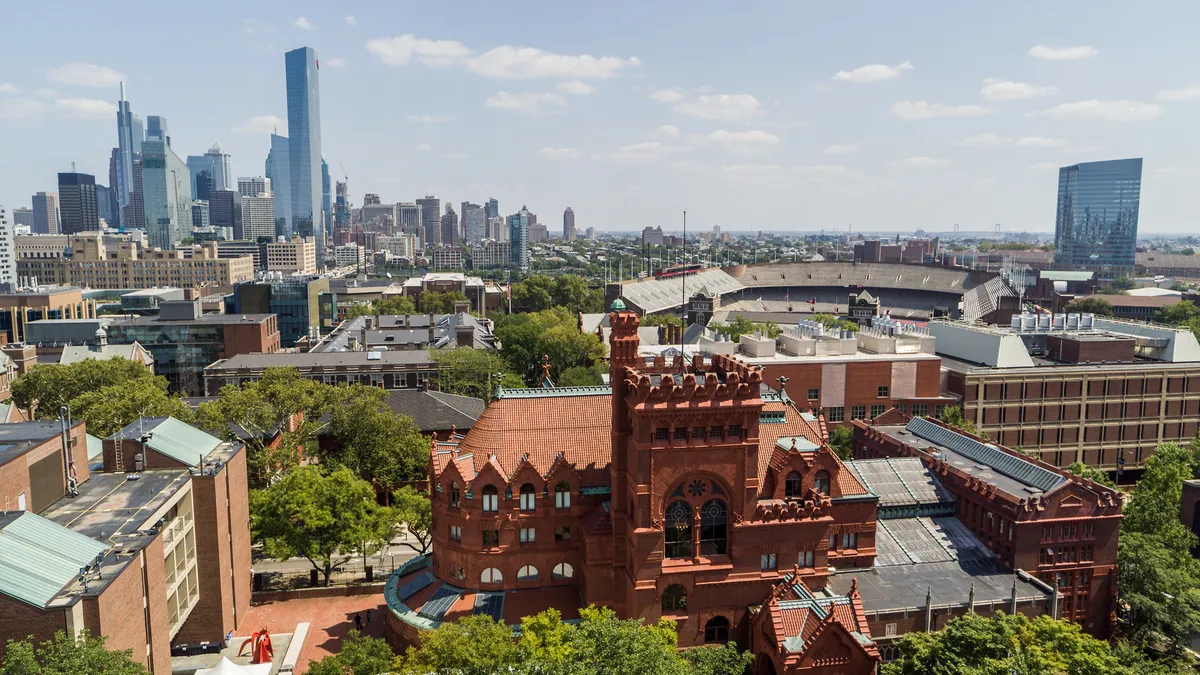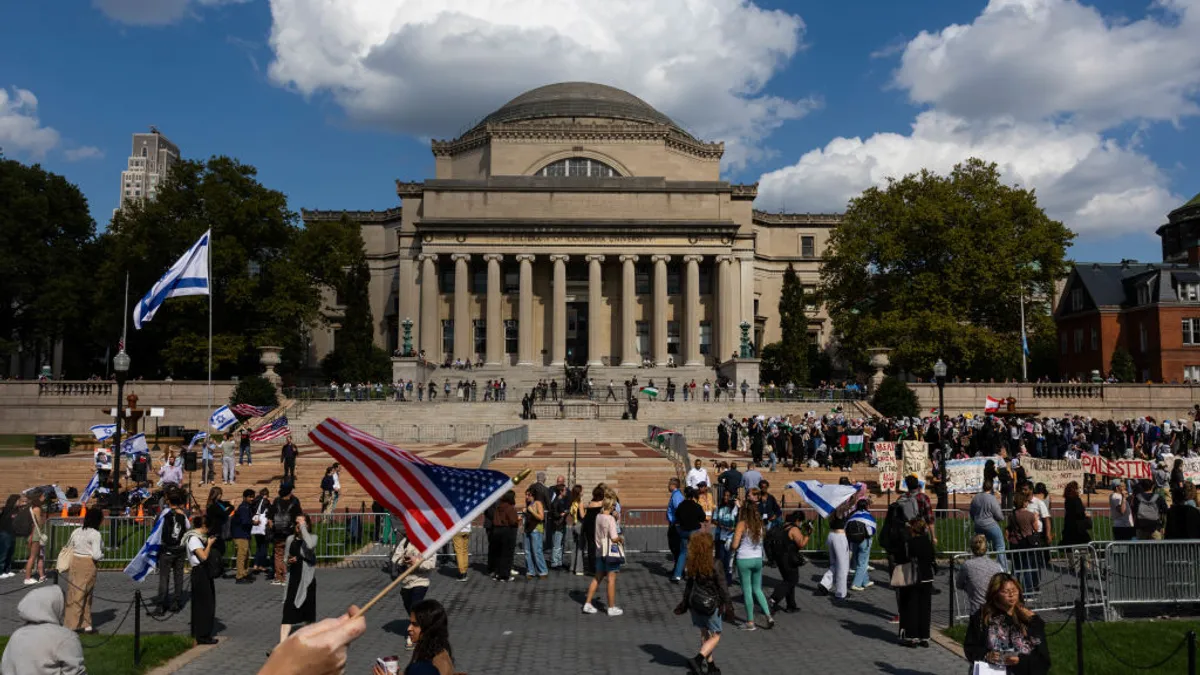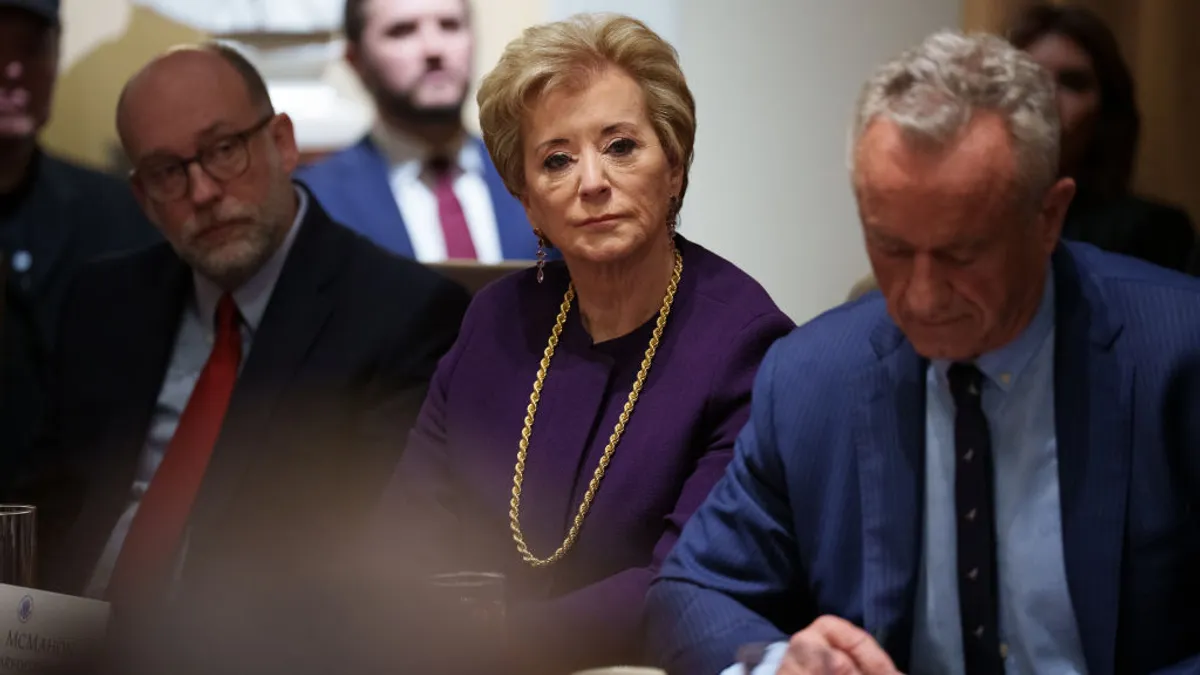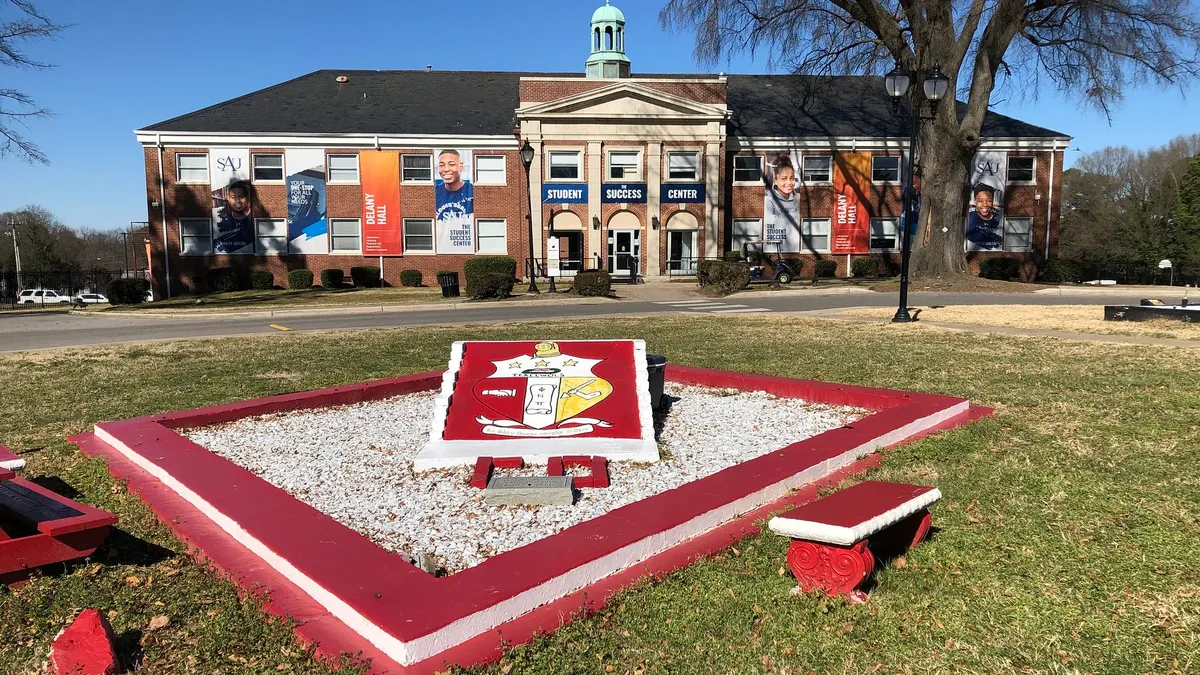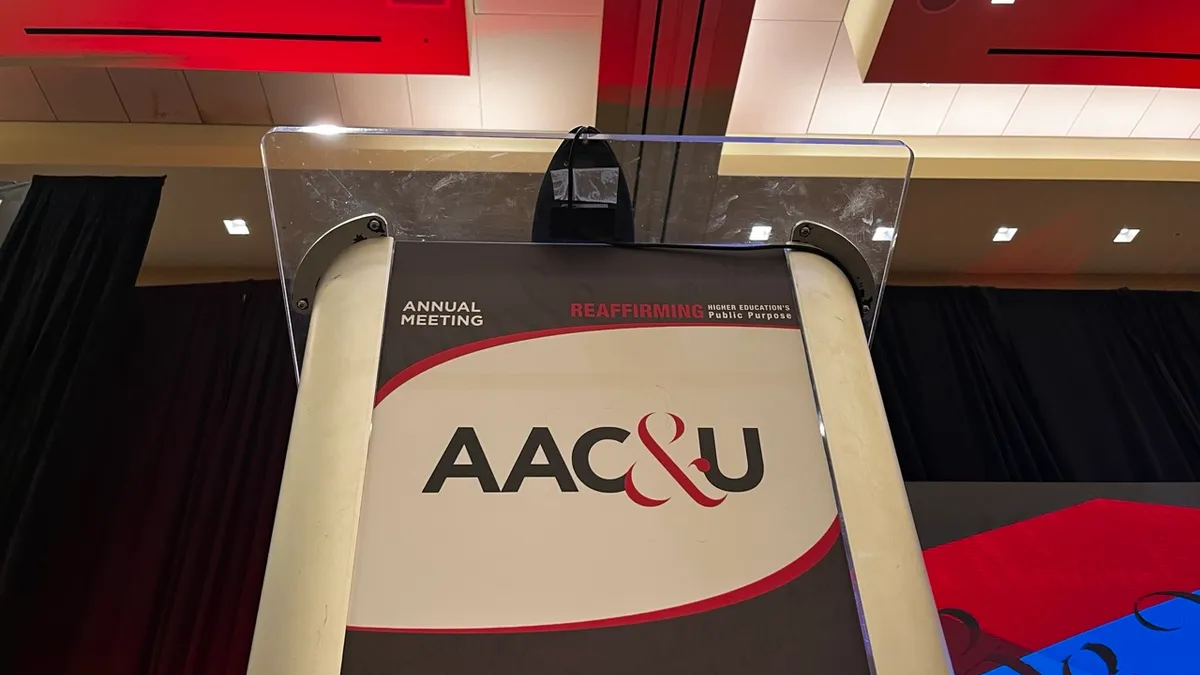Many who work in higher education are familiar with the smears: Colleges are liberal bulwarks that advance "cancel culture," and professors want to brainwash students and stamp out conservatism.
It's a narrative right-wing media reinforced over the last several years and one experts say contributes to eroding public trust in postsecondary education.
There are other, less-political factors at play, too. College costs have ballooned in recent decades, eating up a bigger share of typical household incomes. That leaves some students and families wary of paying for a degree without knowing how much they'll earn later. And some lucrative pathways, such as in the trades, don't require one.
The current public health crisis has somewhat exacerbated these concerns. Though many people see value in a credential, they question whether it is worth the money, according to new research from center-left think tank Third Way.
There is ample evidence that a college education boosts individuals' economic prospects. However, institutions and their supporters need to do more to show the public the value of higher ed or current perceptions will persist, pundits warn.
"People just want to know where their money is going," Tamara Hiler, education director at Third Way, said during a presentation of the data Thursday.
A lack of trust
Several surveys in the last few years document a diminishing faith in the current postsecondary system, often along partisan lines.
Third Way's new poll, based on responses from 1,000 voters, including some institutional leaders, shows that most see the benefits of college.
Seventy-six percent rated the pre-pandemic return on investment of a postsecondary degree as "good" or "excellent." But that number drops by nine percentage points in the context of today's landscape.
Before the pandemic, the price of college outpacing pay was sapping confidence in higher ed, said Angela Kuefler, senior vice president of research at consulting firm Global Strategy Group, which helped Third Way conduct the survey. Students crave information about how much they can earn with their degree, said Kuefler, who recommended institutions publicize as much data on student outcomes as possible, and in an easily digestible format.
A vast majority of survey respondents endorsed the federal government mandating colleges to disclose a varied set of metrics: actual tuition costs, average graduation rates, average debt amounts, as well as the time it takes for students to find a job and pay off their loans. The U.S. Department of Education already publishes much of this information.
"Literally laying it out for people can go a very long way," Kuefler said during the virtual talk Thursday.
Federal officials across two administrations have attempted to improve transparency on student outcomes. President Barack Obama's Education Department introduced the College Scorecard in 2015, an online consumer tool that offered new data points for the college selection process. Education Secretary Betsy DeVos included program level-data among its additions.
The Scorecard is an extremely useful resource, said Doug Webber, an economics professor at Temple University, in Pennsylvania. He noted, though, that it has faced criticism for not widely reaching the public, so the extent to which it is helping guide many college students' decisions is uncertain.
Institutions should be required to publicly and prominently share their outcomes, Webber said. But he knows it's a long shot.
"The ones that are doing well ... they're already trumpeting it. The ones that should be doing it, well, it's not in their best interest," Webber said.
The sector seems to recognize that it needs to rehabilitate its reputation in other ways.
The Council for Advancement and Support of Education, the industry group for college fundraising, recently secured a half-million-dollar grant from the Bill & Melinda Gates Foundation to help market the value of higher ed.
CASE plans to use the grant funding to work with other associations and create digital toolkits that will provide a template for institutions to promote themselves, said Brian Flahaven, its interim vice president of strategic partnerships. It also will hold events discussing the good colleges do, he said.
"We want to get more of our graduates to talk about the value of higher education," Flahaven said.
The campaign partly means to appeal to those without any direct ties to colleges and show them the merits of what institutions do. Although it is not geared toward legislators, Flahaven pointed to several policy consequences of higher ed's perceived value dipping.
State lawmakers tend to slash postsecondary funding during periods of economic turmoil, as is happening amid the pandemic. And the massive federal tax overhaul in 2017 included a 1.4% excise tax on net investment income on some of the wealthiest private colleges.
The measure, on paper, meant to treat institutions like private foundations. But to Flahaven it was proof of the dissatisfaction some officials had over colleges.
"We understand that perception translates into potential consequences," he said.











